The Overnight Habits That Secretly Stress Your Kidneys
Your kidneys are quietly working while you sleep, filtering waste, balancing fluids, and keeping your blood pressure steady. We often think of kidney care as a daytime task — drink water, eat well, take medicines — but many ordinary bedtime choices shape what happens overnight. We've expanded our list of common habits that can add strain while you rest, gives a plain-language explanation of how each habit affects kidneys, and offers gentle, practical steps you can try tonight. The goal is not perfection. It's about small changes that fit your life and protect your long-term health. If you have chronic kidney disease, diabetes, high blood pressure, or other health concerns, pair these ideas with advice from your clinician so changes match your needs. Throughout, you'll find evidence-backed context from trusted sources like the National Kidney Foundation, NIDDK/NIH, Cleveland Clinic, and Sleep Foundation, plus everyday tips you can actually use. Think of this as a friendly bedside checklist: clear, doable, and compassionate. Making one or two small adjustments tonight can start a better rhythm for your kidneys, and that steady attention adds up over time.
1. Holding urine overnight

Some people avoid nighttime bathroom trips to protect sleep. That habit can mean holding urine for long stretches. When you keep urine in the bladder too long, pressure can build and urinary flow may not empty fully. This can create a breeding ground for bacteria, raise the chance of bladder infections, and in recurrent cases, let infection reach the kidneys and cause inflammation or scarring [NIDDK]. The kidneys themselves work by filtering blood into urine; when the lower urinary tract isn't emptying normally, backup pressure changes how that system functions. If you notice difficulty starting to urinate, weak flow, or pain, those are signs to discuss with a clinician. Practical steps include setting a gentle nightly schedule for one bathroom trip before bed and again if you wake, avoiding bladder irritants in the evening like caffeine, and checking with your provider about medications or pelvic health strategies that can help. Small adjustments can ease pressure on your urinary tract. Remember, gradual progress is okay — and getting help early can prevent more serious problems later.
2. Chugging large amounts of water right before bed
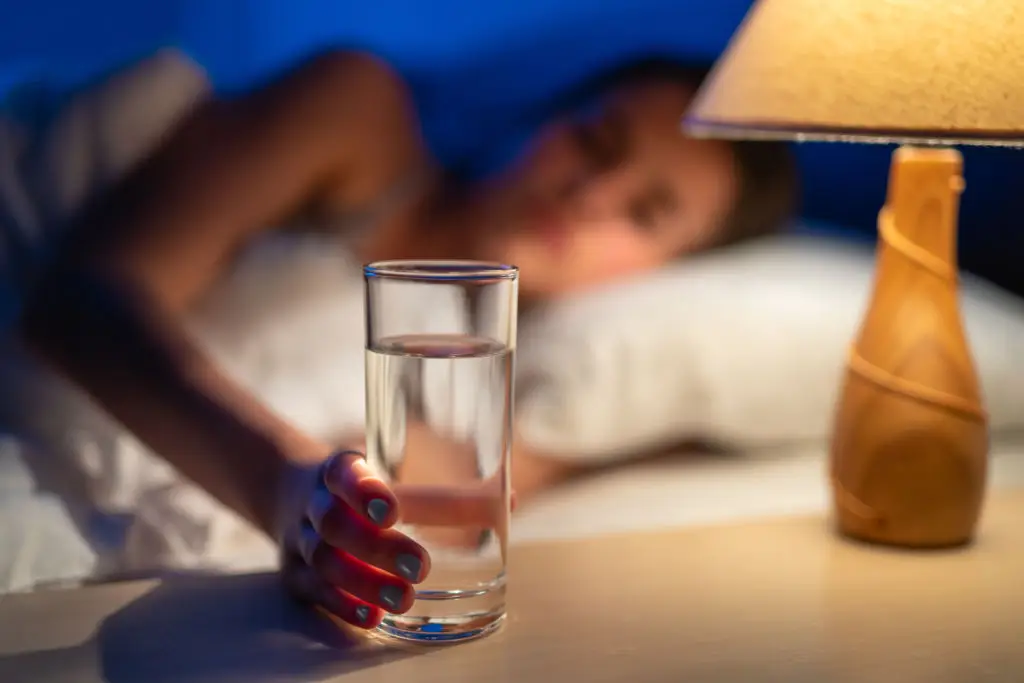
Drinking a lot of fluid at once before bed feels soothing for some people, but it can put a sudden load on overnight filtration. Your kidneys keep working while you sleep, and a big late-night volume forces faster urine production that can interrupt sleep and strain daytime rhythms. Overnight diuresis can also trigger repeated awakenings, which harms sleep quality and the body systems that support kidney health [Cleveland Clinic]. Instead of one large drink late, spread fluid intake across the afternoon and early evening, and keep a small glass by the bed for sips if needed. If you feel thirsty at night frequently, consider whether daytime hydration was adequate or whether a medication or health issue is at play — check with your clinician. For many people, a balanced approach reduces both overnight urgency and kidney stress. Be kind to yourself while trying small timing shifts; small changes can feel big at first but become easier with routine.
3. Severely restricting fluids to avoid bathroom trips

On the opposite side, cutting out liquids before bed to avoid nocturia can backfire. When you stay too dry overnight, your kidneys concentrate waste and work harder to preserve fluid balance. Chronic underhydration can make urine more concentrated, raising the risk of kidney stones and irritating the urinary tract [NIDDK]. Rather than dramatic restriction, think about timing: hydrate well earlier in the day, taper in the evening, and choose a modest amount before bed if you need it. If you have conditions that require fluid limits, such as certain heart or kidney issues, follow your clinician's instructions closely. For many older adults, redistributing fluid across the day keeps kidneys well hydrated while cutting late-night disruptions. Take changes slowly and check in with your healthcare team. Small, steady improvements are kinder to your body and more likely to stick.
4. Eating big protein-heavy meals or supplements late
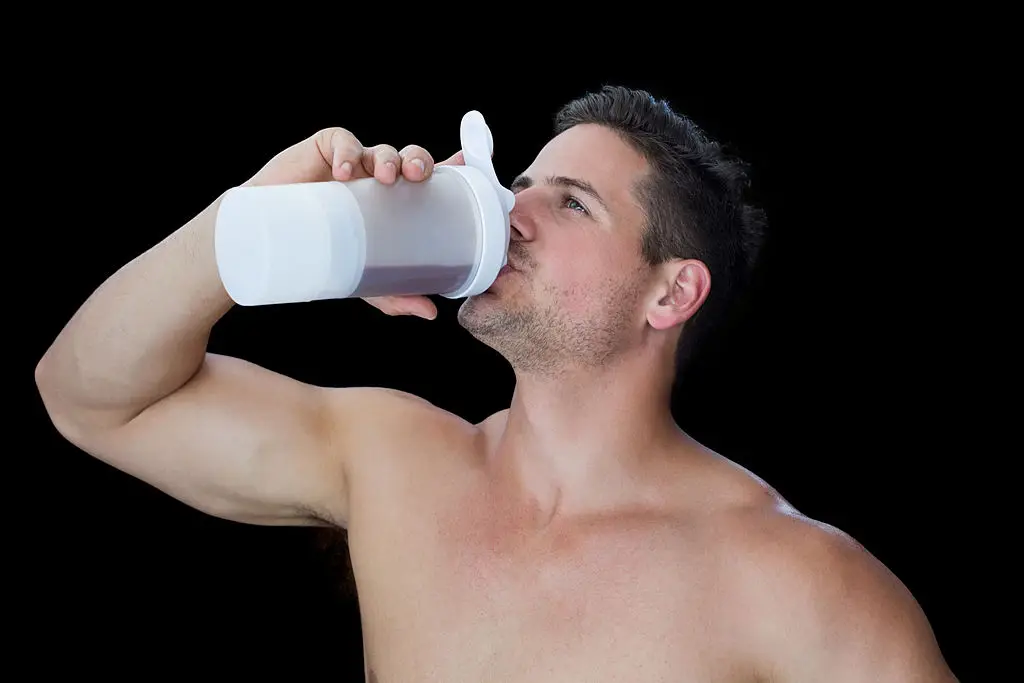
Protein is essential, but eating very large protein meals or taking heavy protein supplements right before bed increases the kidneys' workload overnight. Protein is broken down into waste products like urea, and the kidneys filter these from the blood. For people with existing kidney disease or reduced kidney function, excessive protein over time can accelerate stress on filtration [NIDDK]. That doesn't mean everyone should avoid evening protein, especially if you have active muscle-building goals, but timing and amount matter. Try moving the largest protein portions earlier in the day, choose moderate portions at dinner, and avoid multiple large protein supplements late at night. If you have diabetes or known kidney disease, discuss tailored protein targets with your provider or a renal dietitian. Adjustments can be subtle and still helpful. Be gentle with yourself—small meal tweaks can reduce overnight strain without sacrificing nutrition.
5. Drinking alcohol close to bedtime

Alcohol before bed often seems relaxing, but it affects hydration, blood pressure, and sleep cycles in ways that can indirectly burden kidneys. Alcohol increases urine production initially, then can lead to dehydration later, and it disrupts restful sleep stages that help regulate blood pressure and repair processes [NIAAA; Cleveland Clinic]. For people with diabetes or high blood pressure, those shifts are especially important because they can influence kidney health over time. A practical choice is to set a sensible alcohol cutoff earlier in the evening and match it with moderate hydration earlier in the day. Lower-alcohol options and smaller portions help too. If you use alcohol to fall asleep, consider alternative wind-down routines such as a short walk, warm shower, or calming music. Small changes to evening drinking habits support both sleep quality and kidney wellbeing; take changes at your own pace.
6. Untreated sleep apnea and poor nighttime breathing
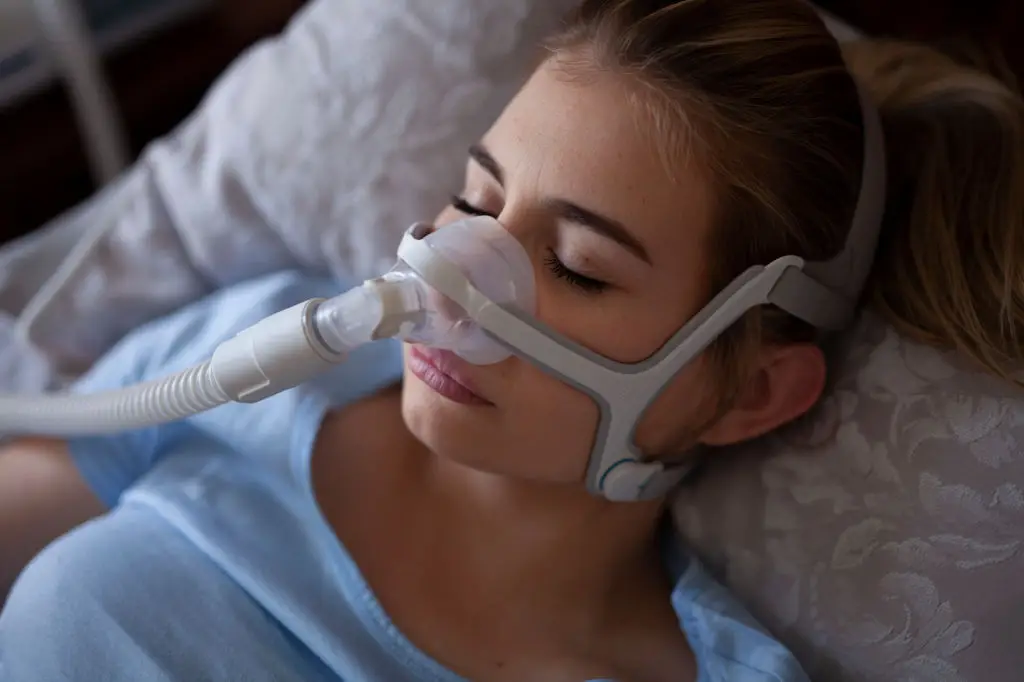
Sleep apnea, where breathing pauses repeatedly during sleep, is linked to higher risk of kidney disease through repeated low oxygen events and spikes in blood pressure overnight [Sleep Foundation; NIDDK]. These changes can promote inflammation and reduce kidney perfusion over time, making the kidneys work under stress. Many people don't realize how much untreated sleep apnea can affect other organs. If you snore heavily, feel overly sleepy during the day, or your partner notices breathing pauses, a sleep evaluation is worth discussing with your clinician. Treatments like CPAP, weight management, positional therapy, and treating nasal congestion can improve breathing and reduce strain on kidneys and cardiovascular systems. Getting evaluated and treated is a medical step that often yields improvements across sleep, mood, and physical health. Approach testing and treatment as an act of self-care; addressing sleep-breathing issues can protect your kidneys and restore better rest.
7. Taking NSAIDs or certain medicines at night without guidance

Common pain relievers called NSAIDs — like ibuprofen and naproxen — can reduce blood flow to the kidneys in some people, especially with long-term nightly use or when combined with dehydration or other medications [FDA; Mayo Clinic]. That decrease in blood flow can lower filtration and, over time, contribute to kidney injury in susceptible individuals. If you rely on nightly pain medication, check in with your clinician about safer options and proper timing. Some pain conditions can be managed with topical treatments, physical therapy, stretching routines before bed, or acetaminophen when appropriate. Also, certain blood pressure medicines and some supplements interact with kidney function, so always mention your full medication list at appointments. Making safer choices around nighttime medication use is a practical way to support kidney resilience. Small changes now can lower risks down the road.
8. Letting high blood pressure run overnight (non-dipping)
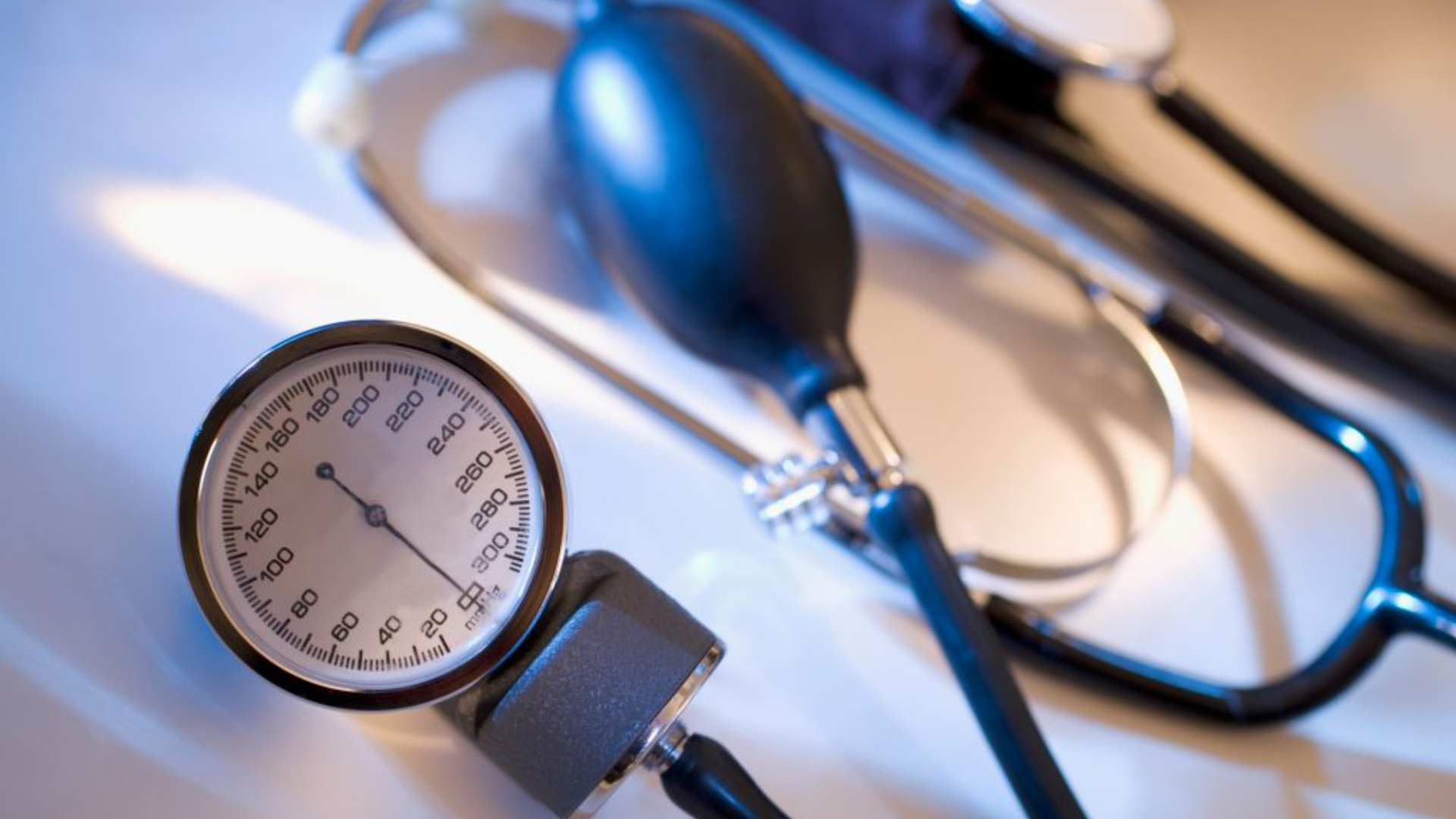
Healthy blood pressure usually dips at night, giving the cardiovascular system a rest. Some people experience "non-dipping" where blood pressure stays high during sleep, and research links this pattern to faster kidney damage and worse outcomes over time [NIDDK; hypertension research]. Causes include sleep apnea, poorly timed medications, salt intake, and other lifestyle factors. You can work with your clinician to check overnight or home blood pressure patterns, adjust medication timing, and address contributing habits such as evening salt or alcohol. Simple monitoring at home and a conversation about dosing can make a meaningful difference. If you have diabetes or known kidney disease, paying attention to nighttime blood pressure is particularly important. Take heart: small changes in routines and medication plans often improve nighttime blood pressure control.
9. Eating very salty late-night snacks
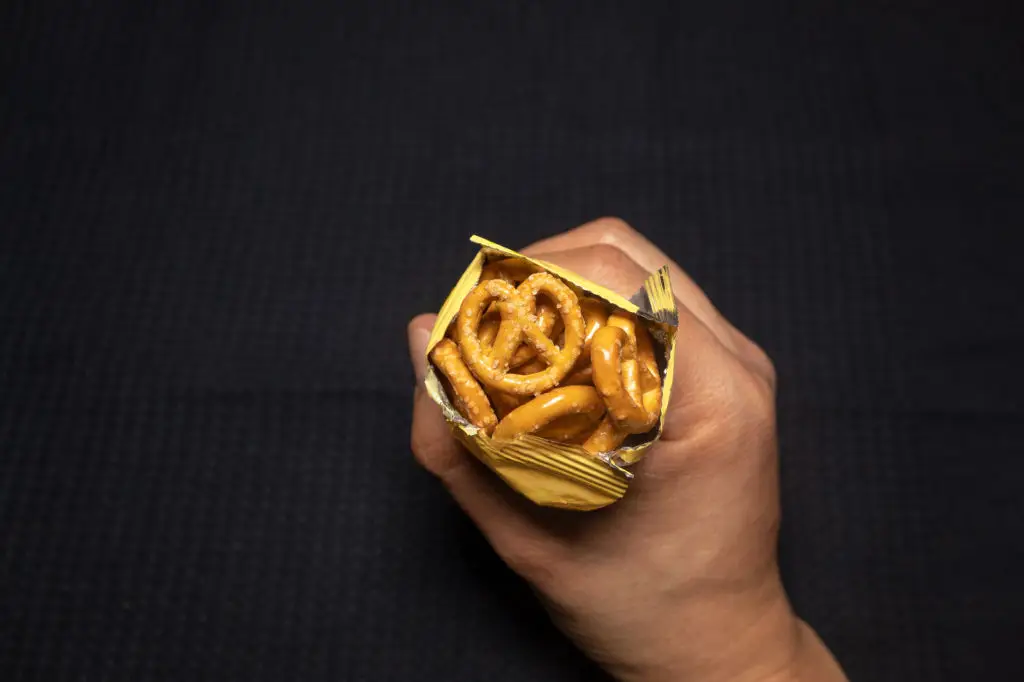
A high-sodium late-night snack can raise fluid retention and blood pressure, which indirectly increases kidney workload. Salt pulls water into the bloodstream and can raise pressure within vessels, making kidneys filter harder to maintain balance [Cleveland Clinic; NIDDK]. Over time, repeated high-salt habits contribute to hypertension and strain on renal function. Instead of reaching for salty chips or convenience foods late at night, choose lower-sodium options like raw vegetables with hummus, plain nuts in controlled portions, or a small whole-grain option. Reading labels and preparing low-sodium snacks at home helps too. If you live with high blood pressure or kidney concerns, making gradual swaps away from salty evening choices protects both sleep quality and long-term kidney health. Remember, celebrating small food wins helps them stick.
10. Ignoring nighttime urinary symptoms or infections

A burning sensation, urgency, or fever at night are signs your urinary tract may be infected, and ignoring symptoms can allow infection to reach the kidneys (pyelonephritis), causing pain and potential damage [CDC; NIDDK]. Prompt treatment of urinary infections usually prevents complications. If you notice persistent burning, blood in the urine, chills, or flank pain, contact care promptly rather than hoping it will resolve alone. Simple prevention steps include staying well hydrated, practicing bladder-emptying habits, and discussing bladder health with your provider. For older adults, atypical symptoms can appear, so caregivers and clinicians should watch for changes in behavior or appetite that could signal infection. Seeking treatment early is kind to your body and reduces the chance of overnight infection-related kidney stress.
11. Sleeping in ways that limit circulation or cause prolonged pressure

Emerging ideas connect sleep posture, prolonged immobility, and fluid shifts to circulation patterns that may influence kidney workload. For example, significant swelling in the legs overnight can reflect fluid redistribution that affects cardiac and renal balance, and some sleep positions may worsen breathing or circulation in susceptible people [Sleep Foundation]. While the research is developing, practical measures are low-risk and helpful: change positions periodically, elevate swollen legs for part of the evening, and do gentle movement before bed to help circulation. If you notice new or worsening swelling, shortness of breath, or pain, report it to your clinician. Small positioning and movement habits can ease overnight fluid pooling and support kidney-friendly circulation. Be patient with adjustments and celebrate each small improvement.
12. Exposure to Bright Blue Light Before/During Sleep

Using bright screens or sleeping with significant blue light exposure from phones, tablets, or even streetlights is an often-overlooked source of metabolic stress. Bright light, particularly in the blue spectrum, severely suppresses melatonin, the hormone that regulates your sleep-wake cycleGetty Images. When sleep quality is disrupted and your body remains in a state of low-grade stress (higher cortisol), it negatively affects the metabolic rest period the kidneys need. Chronically poor sleep impairs blood pressure and glucose regulation, key factors that, over time, accelerate damage to the tiny blood vessels (glomeruli) within the kidneys [NIDDK]. The solution is simple: implement a blue light filter on screens after sunset, use blackout curtains, and keep devices outside the bedroom. This small change supports deeper, more restorative sleep and indirectly sends a "rest" signal to your entire cardiovascular and renal system.
Protecting your kidneys starts with kind, steady bedtime habits
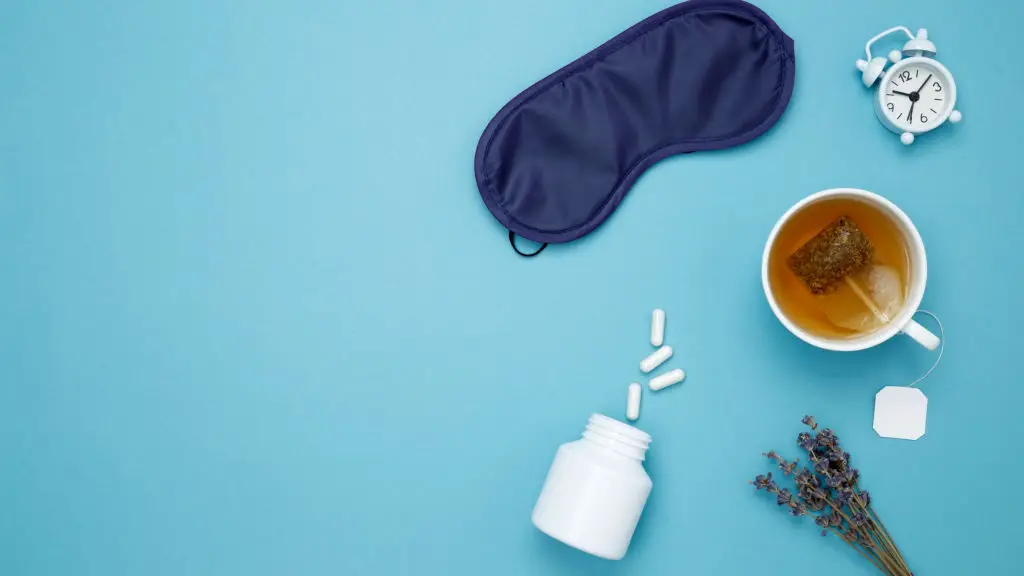
Your kidneys do essential work while you sleep, and the habits you bring to bedtime shape how well they rest and recover. The habits above range from obvious choices — like late-night drinking or heavy protein supplements — to less obvious patterns such as untreated sleep apnea or routine nightly use of NSAIDs. Small, realistic changes often add up: a gentle shift in fluid timing, a conversation with your clinician about medication timing, a sleep evaluation, or swapping a salty snack for a lighter option can reduce overnight strain. If you have diabetes, high blood pressure, or known kidney concerns, partner with your healthcare team so adjustments match your medical needs. Track one or two changes for a month and notice how your sleep and daytime energy respond; steady progress beats all-or-nothing efforts. Above all, be compassionate with yourself — protecting kidney health is a marathon, not a sprint. With gradual steps and consistent care, you can create safer nighttime routines that support better sleep and long-term kidney resilience.